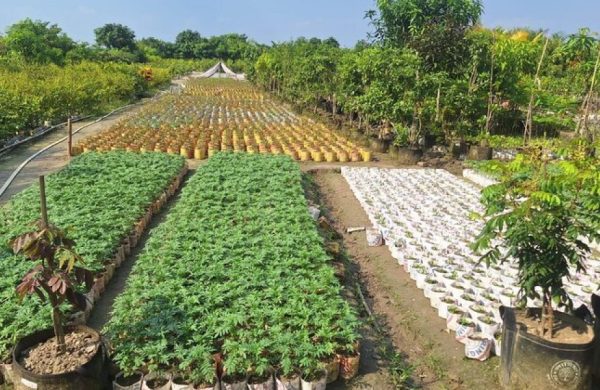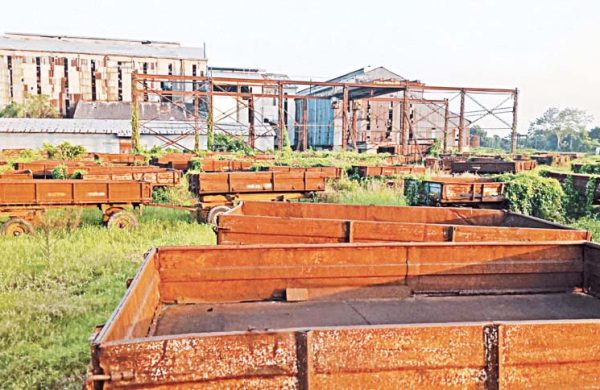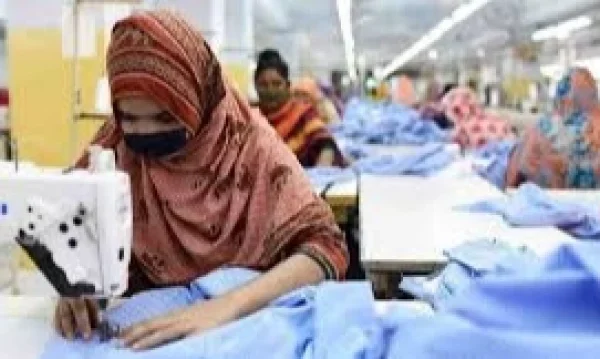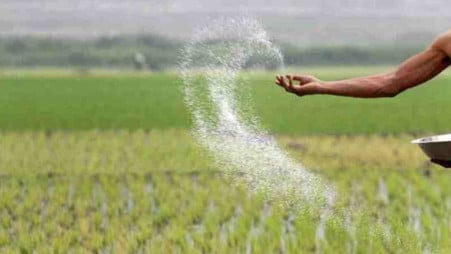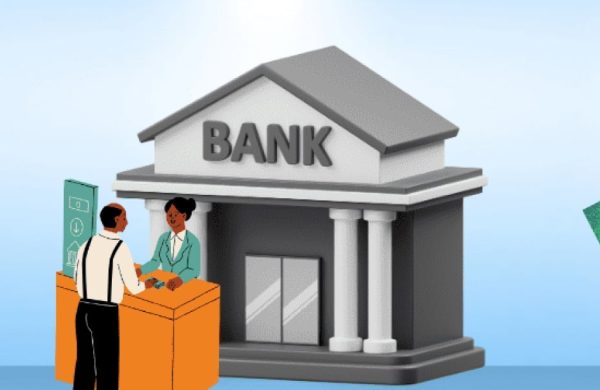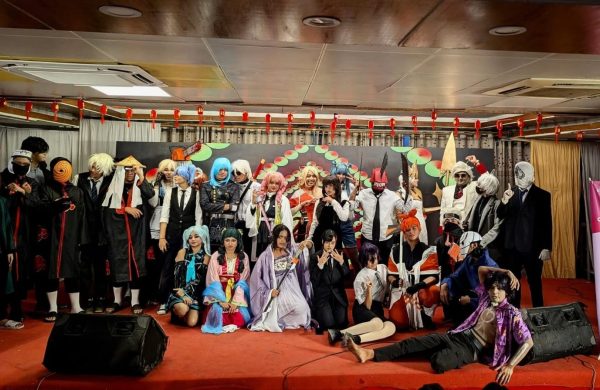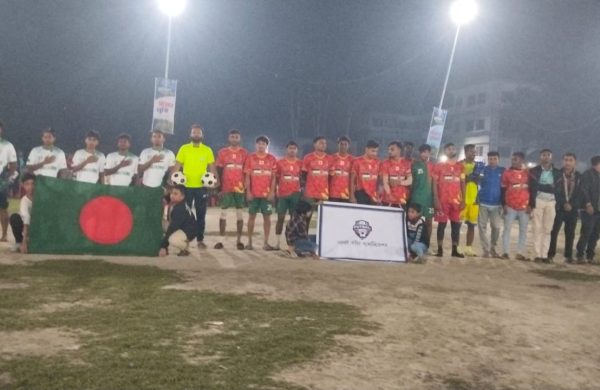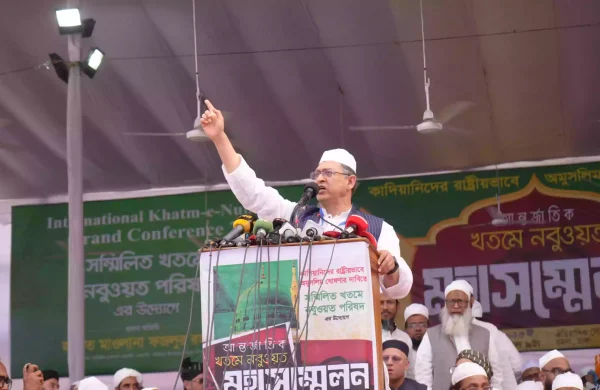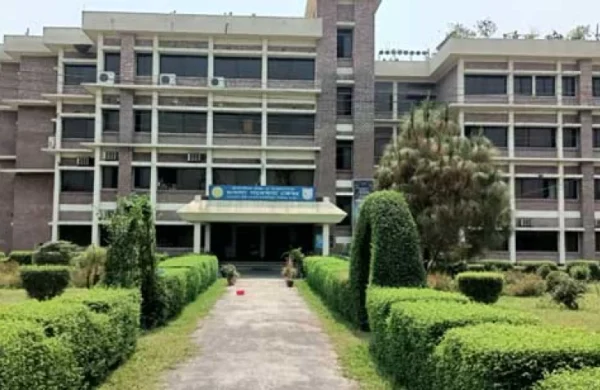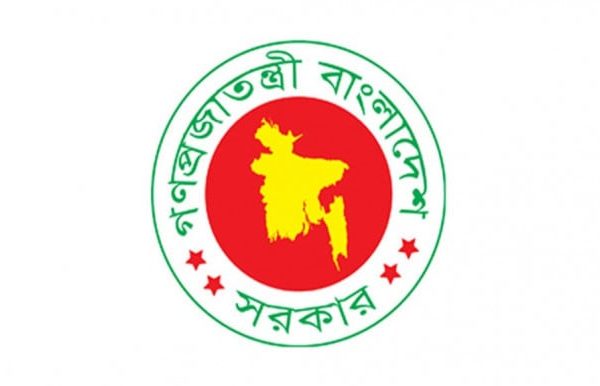$3.6b budget support expected by month-end
- Update Time : Friday, June 20, 2025
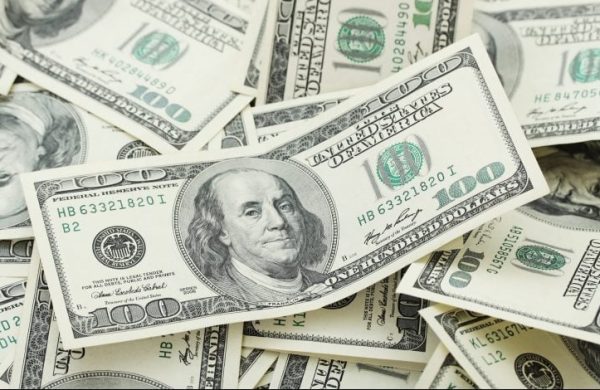
Staff Correspondent:
Bangladesh’s foreign exchange reserves are expected to receive an inflow of $3.618 billion as budget support from global lenders before the current fiscal year ends on 30 June, according to the Finance Division and the Economic Relations Division (ERD).
This includes a $1.3 billion loan from the International Monetary Fund (IMF), along with anticipated disbursements from the World Bank, Asian Development Bank (ADB), Asian Infrastructure Investment Bank (AIIB), and Japan.
ADB already approved $900 million in policy-based loans to support Bangladesh in strengthening the banking sector and enhancing climate change resilience. The two budget support loan agreements will be signed with the ADB today and disbursement is expected within a week after procedural completion, ERD officials confirmed.
Of this, $500 million will be provided under the Banking Sector Reforms Subprogram 1, and $400 million under the Climate Responsive Inclusive Development Program (CRID) – Subprogram 2.
Meanwhile, the World Bank Board is reviewing the $500 million Resilience and Recovery Development Policy Credit-II. If approved, Bangladesh could sign the agreement online within days, with funds disbursed this month.
The IMF Board is set to review the fourth and fifth tranches totaling $1.3 billion – under the $4.7 billion loan programme – on 23 June. If cleared, disbursement may follow within 48 hours.
As AIIB’s Board convenes in Beijing on 23 June, Bangladesh is expected to sign a $400 million Climate Resilient Inclusive Development Program (Subprogram-2) budget support agreement on 23- 24 June, with funds arriving before month’s end.
Following the Chief Adviser’s visit to Japan in late May, a $418 million budget support loan was secured under the Development Policy Loan for Economic Reform and Strengthening Climate Change Resilience, with disbursement slated for next week.
In addition, a $100 million loan agreement was signed in April with the OPEC Fund under the Strengthening Economic Management and Governance Program. Disbursement is expected next week, following administrative delays tied to the fund’s absence of a local office.
So far in FY2024-25, Bangladesh has received $1.1 billion in budget support. This includes a $500 million World Bank loan in December under the Green and Climate Resilient Development Policy Credit, and $600 million from ADB earlier this month under the Strengthening Economic Management and Governance (Subprogram-1).
Budget support loans have increased significantly in recent years, rising in response to Covid-19 and accelerating after the Ukraine-Russia war. Disbursements were $1 billion in FY2019-20, $1.09 billion in 2020-21, $2.59 billion in 2021-22, $1.76 billion in 2022-23, and $2.03 billion in 2023-24.
Mustafa K Mujeri, Executive Director of the Institute for Inclusive Finance and Development (InM), noted, “Budget support helps cover fiscal deficits, particularly when spending outpaces revenue. However, excessive reliance on such borrowing increases future debt burdens. We must proceed cautiously and ensure these funds go to productive sectors.”
MORE FUNDS FROM WB, ADB
Apart from the budget support coming at the end of the fiscal year, World Bank and ADB are offering project loans as well.
The World Bank has approved two key projects totalling $640 million aimed at improving the country’s gas supply and reducing its severe air pollution. The Bank said the supports are being provided under the Energy Sector Security Enhancement Project and the Bangladesh Clean Air Project, aimed at addressing the twin challenges of unreliable energy supply and hazardous air quality.
Of the funds, $350 million will support the state-owned Petrobangla in securing long-term Liquefied Natural Gas (LNG) imports, while $290 million will be spent in initiatives to tackle air pollution.
ADB is also lending $404 million for infrastructure initiatives: $200 million for the Power Transmission Strengthening and Integration of Renewable Energy Project, and $204 million for the SASEC Dhaka–Northwest Corridor Road Project, Phase 2.


